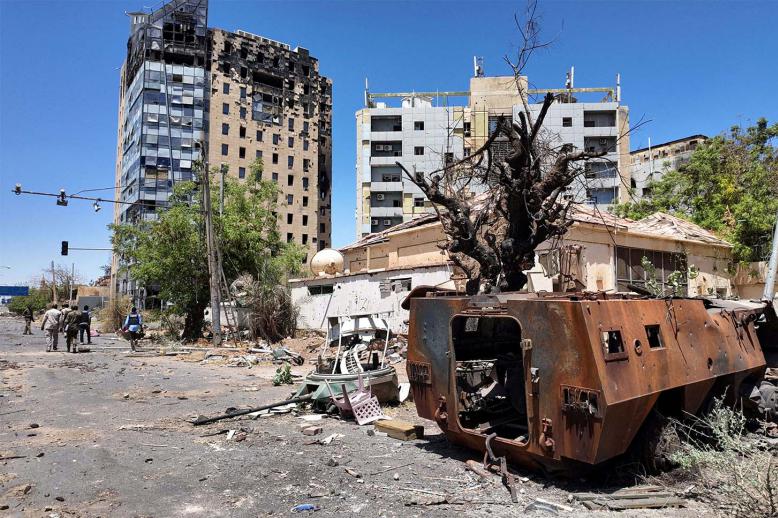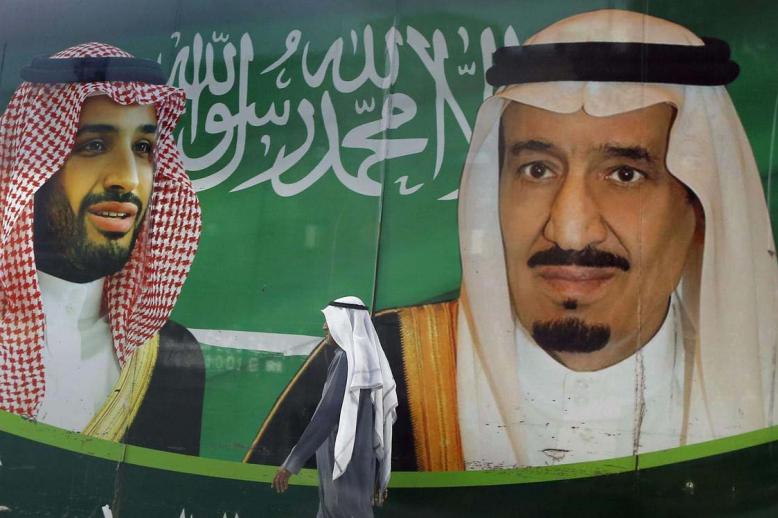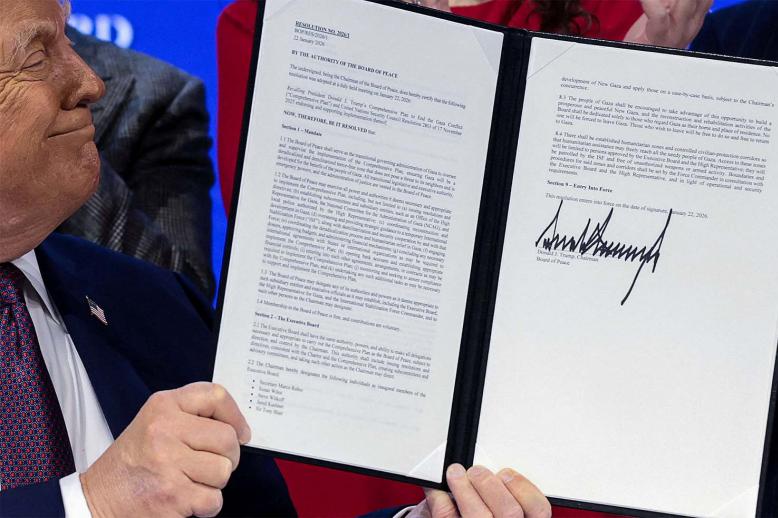The new game Russia, China play
We are living in a landmark moment the Middle East and, by extension, all countries associated with the region in one manner or another. Tectonic changes are under way in the region’s political, economic and, ultimately, social structure.
The politics and policies in play in the Middle East are in flux as are political and economic alliances that were established decades ago.
Regional and international treaties are up for possible alteration. Friends and foes, as well as areas of influence in the Middle East, are without a doubt shifting, much like the sand dunes in the Arabian deserts; only this time the prevailing winds are reshaping regional geopolitics.
With the Trump administration fumbling its way through an uncertain foreign policy agenda, the vision of the United States representing and defending the interests of the Western hemisphere along with those of a cluster of truly democratic countries in other parts of the world are no longer realities.
Politics in Washington has become so scrambled, so confusing that for many the playing field has become uncertain.
With no US full government functioning for more than a month and the FBI investigating the American president to ascertain whether he is serving Russian interests, Moscow’s role in the 2016 US presidential elections is still unclear.
Just how much influence in American politics Russia has is worrisome. Just how much influence and leverage does the Kremlin hold over the American president is still unanswered. US President Donald Trump says it has none. He also said — repeatedly — that he had untoward business dealings in Russia but this president has been known to lie.
One thing that is certain is the Washington’s leading role in fighting colonialism and communism since World War II is no longer. The Russians are back with an agenda similar to Soviet days.
Turkey, a key US NATO ally, has started meeting with the Russians much to the regret of Washington. Turkish President Recep Tayyip Erdogan has made trips to Moscow, where he promised to purchase Russian weapons.
What’s even more worrying for Washington politicians is how much Israeli Prime Minister Binyamin Netanyahu has begun to engage in talks with Moscow.
Middle East opinions are increasingly under the impression strongmen’s politics in Russia and China can provide models for the region.
Russian President Vladimir Putin is having a field day as is Chinese President Xi Jinping. The role-model value of both countries stems from the military successes of Russia in Syria and the impressive economic prosperity of China.
Without any worry for any unpredictable electoral repercussions, Russia has inserted itself militarily in the Syrian war and supported the Assad regime.
Nobody knows how many casualties the Russian military has suffered in Syria. Putin is not about to release that sort of information no matter how liberal he appears to be in the public eye. The bottom line is Russia came across as a reliable military partner while Europe and the United States were pussyfooting around trying to decide but never reaching a decision.
As for China, it has impressed through strong economic policies and anthropological development being able to not only reach the moon but apparently to plant presumably something edible.
The US pro-democracy agenda has lost most of its lustre as a result of the disastrous fallout from the Western-supported “Arab spring” uprisings. Putin has invested in the agenda’s failure highlighting the bloodshed and chaos caused by the post-2011 upheaval. The millions of displaced as well the stark display of impotence and disunity in the Arab world since then have caused the severe erosion of US soft power in the region.
In this new game of nations, the United States is relegated to a third, perhaps even fourth place, well behind Russia and China, and in a more regional status, yes, quite possibly even behind Iran. Trump’s view of Syria is that of a great big sandbox not worth fighting over. Iran, with its policy of expansion and hopes of bridging Tehran to the Mediterranean, is only too happy to oblige.
While the United States is working to recluse itself behind a wall, the Russians and the Chinese are working hard to pull down barriers and have more than a seat around the table.
It’s a totally great new game.
Claude Salhani is a regular columnist for The Arab Weekly.
This article was originally published in The Arab Weekly.







